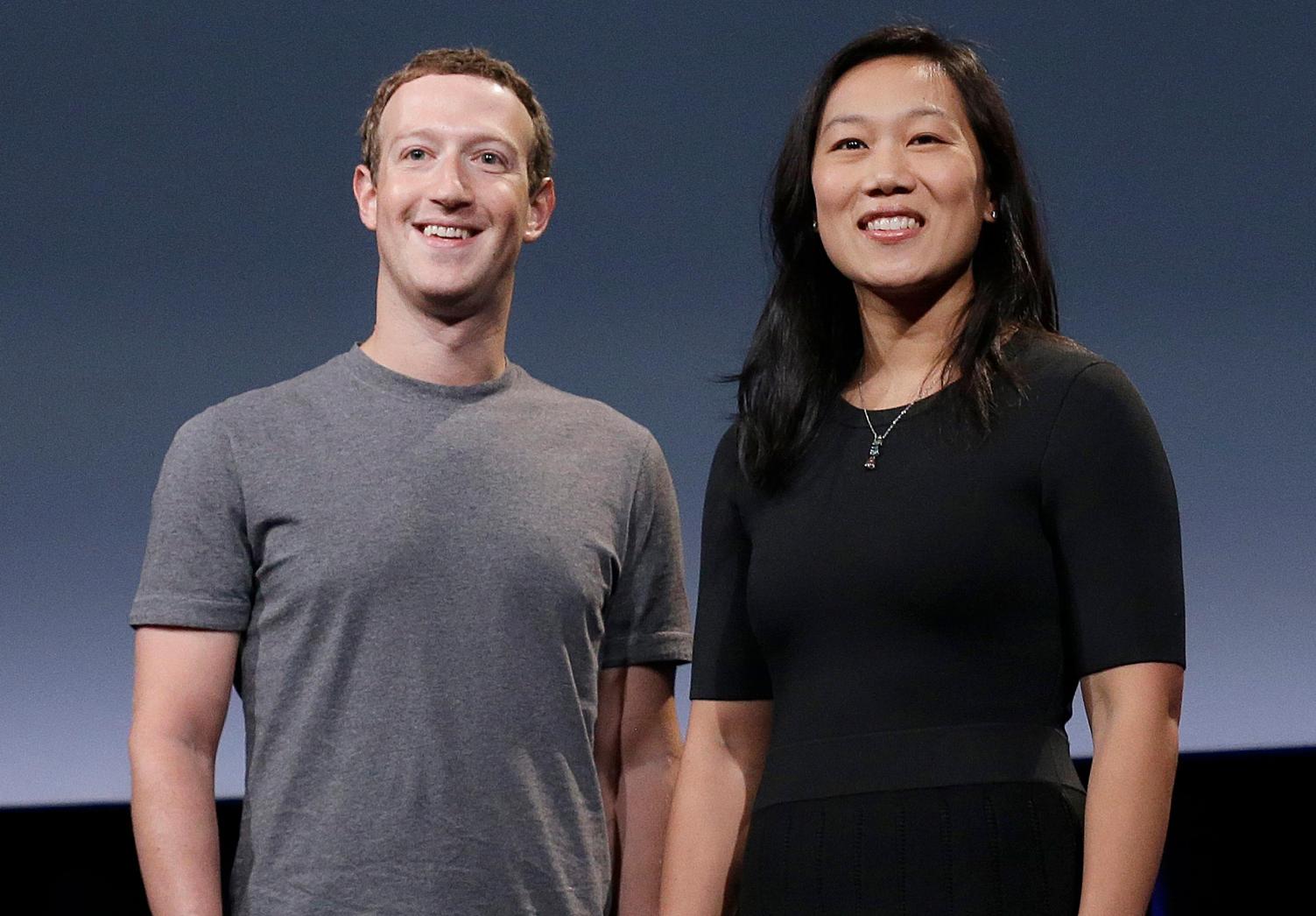Mark Zuckerberg part of $100 million ‘California Black Freedom Fund’

More than two dozen philanthropic organizations and corporations on Thursday launched the California Black Freedom Fund, a $100 million, five-year initiative that they say will provide resources to Black-led organizations in the state that are seeking to eradicate systemic racism.
The 25 funders include the philanthropic groups of Facebook CEO Mark Zuckerberg and his wife, Priscilla Chan, philanthropist Laurene Powell Jobs as well as JPMorgan Chase.
The bank’s involvement in the initiative follows its prior commitment to provide $30 billion to combat what it called systemic racism against Black and Latino people. That announcement had followed a wave of donations to racial equity groups after global protests against racism and police brutality in the aftermath of the police killing of George Floyd.
This group said the new fund is intended to address a “history of underinvestment” by philanthropists in Black-led and power-building organizations. It currently holds $32.4 million, with the rest of the money to be raised and distributed within the next five years to groups engaged in advocacy and other types of mobilization.
The fund says it plans to support Black-led organizations that are “focused on stopping police violence, promoting education equity, improving health outcomes, championing voter registration and civic engagement and crafting policies around increasing access to housing.”
The head of the Oakland-based Akonadi Foundation, which is part of the effort, said she hopes the fund can continue well beyond five years, with a focus on supporting “Black leaders who are visionary and courageous.”
“The idea is not simply a reaction to the George Floyd killing,” Lateefah Simon, the foundation’s president, told The Associated Press. “These foundations have always had an explicit mission and focus of advancing equity.”
Although racial equity funds have been introduced in cities like Boston, the California fund’s focus on “Black-led organizations is unique,” said Una O. Osili, a professor at Indiana University’s Lilly Family School of Philanthropy.
Doing it at the state level with many funders also creates “an infrastructure and community around this work,” she added. “I think that’s very important.”
The money will be donated in rounds of giving. More than $6 million was given to three networks of more than 50 organizations in the first round. They include groups focused on maximizing the participation of hard-to-count Black communities in California’s redistricting process and others pushing police reform.
Three more rounds are expected this year. The next round, Simon said, will be informed by an advisory committee made up of activists and organizers.
In addition to supporting the groups through the grants, the fund will also provide assistance in research, data and other areas.
“Philanthropy is the least accountable sector of all sectors,” Simon said. “We really wanted to make sure we were honoring Black freedom fighters by making sure we were making the right grants at the right time.”

